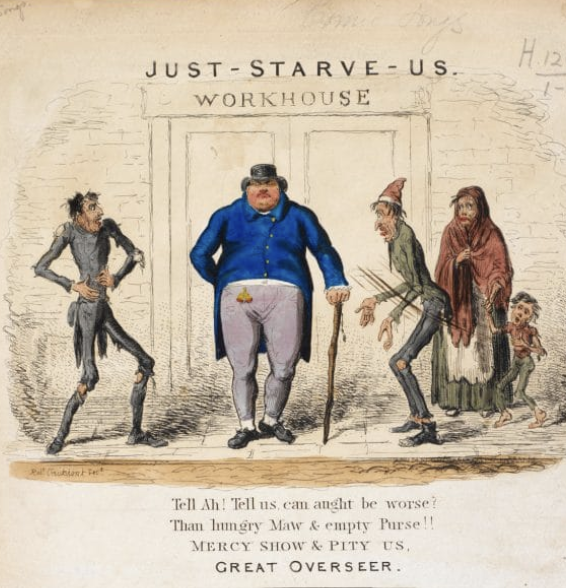Giving Cash to the Homeless
This is an excerpt from a post on Brian Klaas’ excellent substack. We recommend that you check out the post there.
Greater Change, a social start-up aiming to reduce homelessness in Britain, has adopted a [simple] strategy: leave the moralizing gaze of pundits and preachers to the side and simply give homeless people—or those about to become homeless—the cash they need to escape its grip.
When someone needs help, a frontline worker from a trusted charity can make a referral directly to Greater Change. (The person in need cannot refer themselves and ask for money, which limits the scope for abusing or gaming the system.) . . .
So, maybe a social worker notices that a family is struggling because they are unable to clear a small debt that’s accruing crushing interest, or that a person on the way out of homelessness has secured a job (but doesn’t have a bike to get to work), or that a victim of domestic abuse just needs a bit of an escape to get safe before landing back on her feet.
In those instances, Greater Change will transfer money directly to pay for those costs, rather than giving the money directly to the person and having them pay for it themselves. In other words, Greater Change would just buy a bike, or pay off a debt, transfer a missed rent payment to a landlord, or provide transportation and accommodation costs for a domestic abuse victim to get out of their house.
That model is the best option primarily because a direct cash transfer hitting the person’s own bank account could accidentally lead to the loss of government subsidies or benefits, as they temporarily may go over a poverty or income threshold, which would only further complicate their life.
Moreover, this payment system is aimed at minimizing paperwork and complications, while reducing the risk of wasting money through administrative costs. One of the most frequent grievances cited by people in these desperate situations is how often they’re passed around, asked to fill out piles of paperwork, only to be passed around again. There’s endless time spent on the phone, waiting for responses, only to be told to contact someone else.
Greater Change just buys the bike and gives it to the person so they can ride it to work.
The average payment is around £1,400—and their calculations suggest that each disbursement saves the government, on average, £41,330, a nearly thirty-fold return on investment. Most of the payments are made within a week; in extreme cases, same-day support is possible.
The head of Greater Change, Jonathan Tan is young, enthusiastic, and knowledgeable—an idealistic social entrepreneur from Singapore who believes that better solutions are possible. When I meet him in central London—at an upscale social club with people sleeping rough on streets nearby—I briefly press him on one point. When he was asked by the BBC about the risk that individuals could use his organization’s cash to eventually buy alcohol or drugs (by selling a bike, for example), his response was a bit wishy-washy: “The first and most important thing to say is the international evidence is that people tend to make pretty good choices.”
“That’s true,” I say to him, “and the tropes about homeless people are obviously overblown and not based on hard evidence. But some people might abuse the system like that, right? It’s not impossible.”
Eventually Tan concedes the point: it’s possible, but there are safeguards in place. And that’s when we reach agreement on the most important bit: even if abuse or misuse of funds happens every so often (it’s inevitable in any social support system), should we condemn huge numbers of well-intentioned people to years of misery simply because someone else might conceivably abuse the system?
The answer is clear to both of us: absolutely not. . . .


